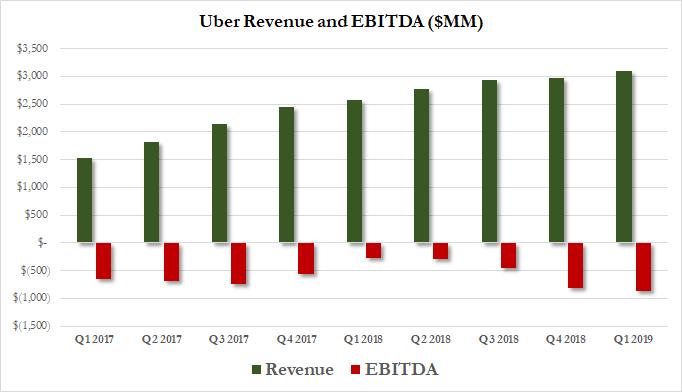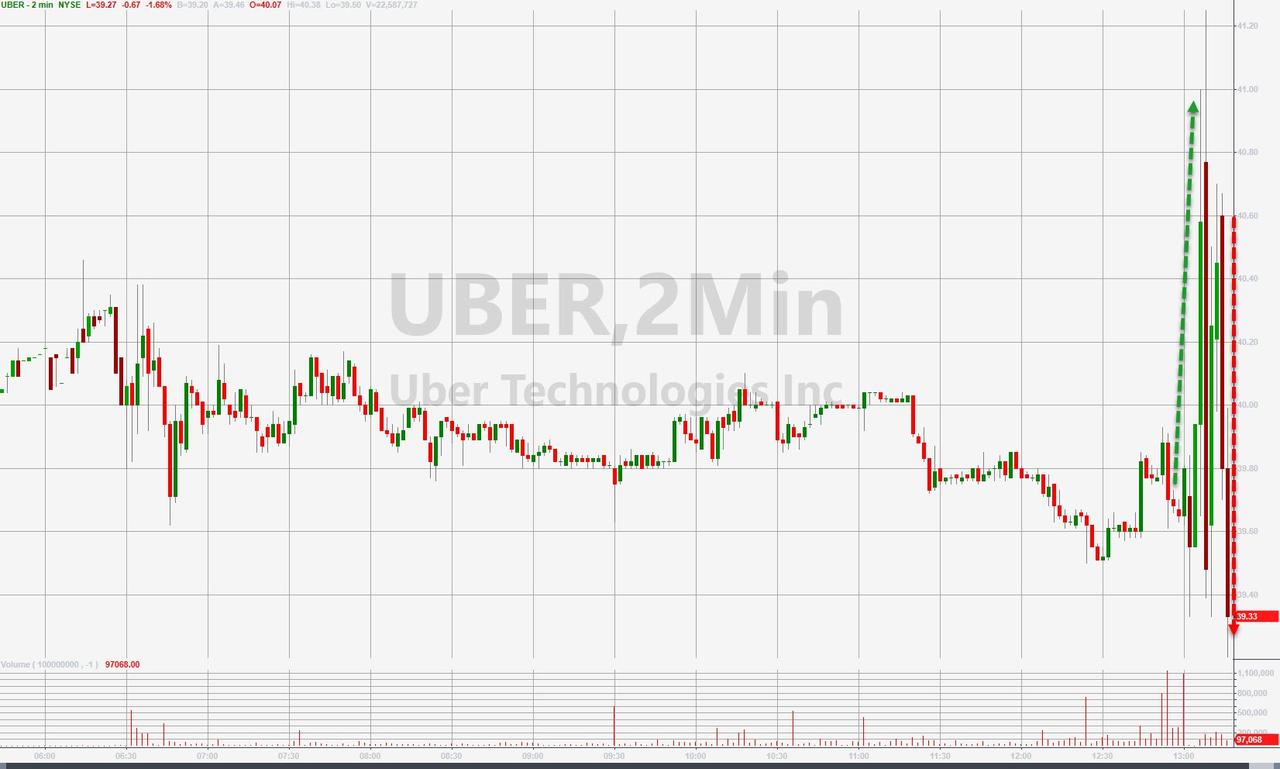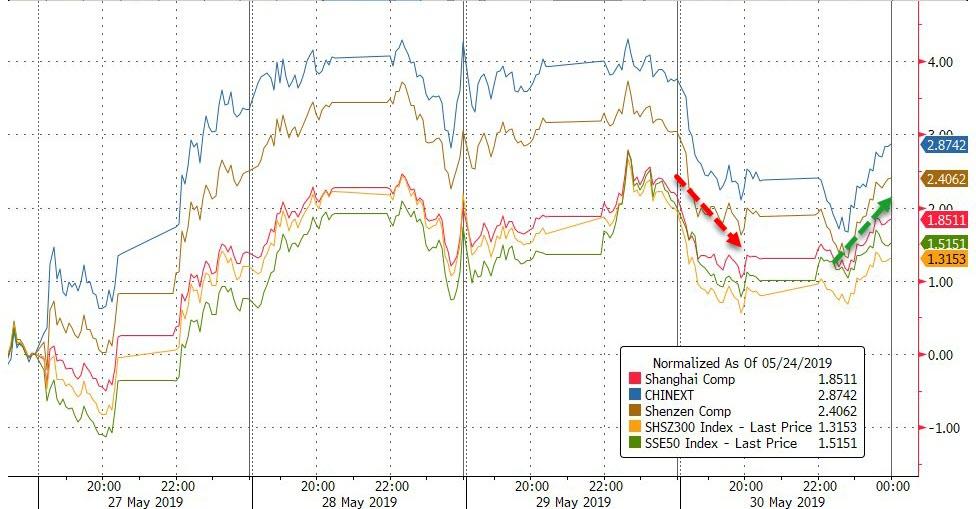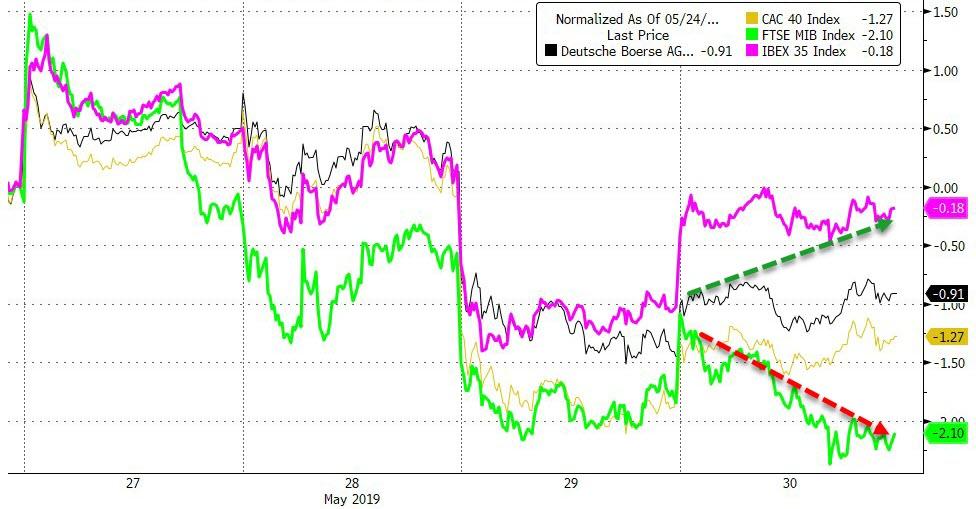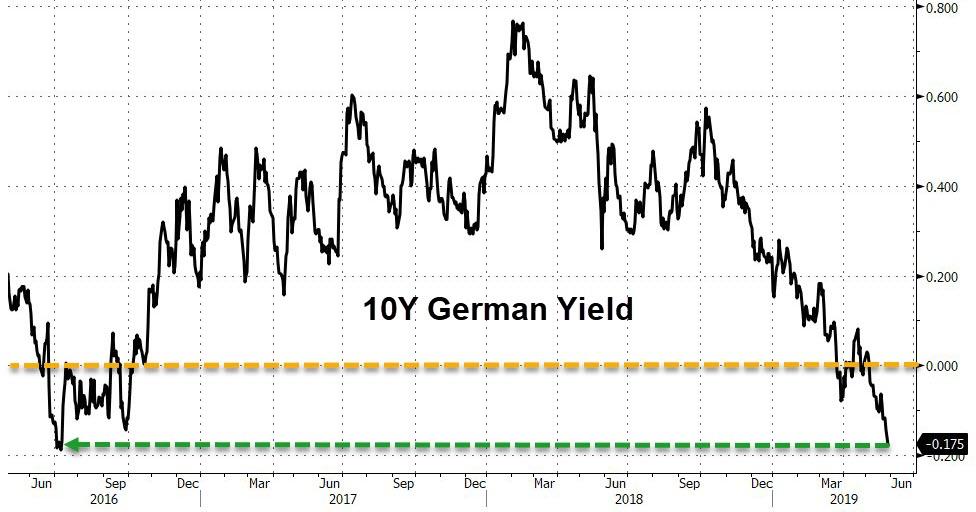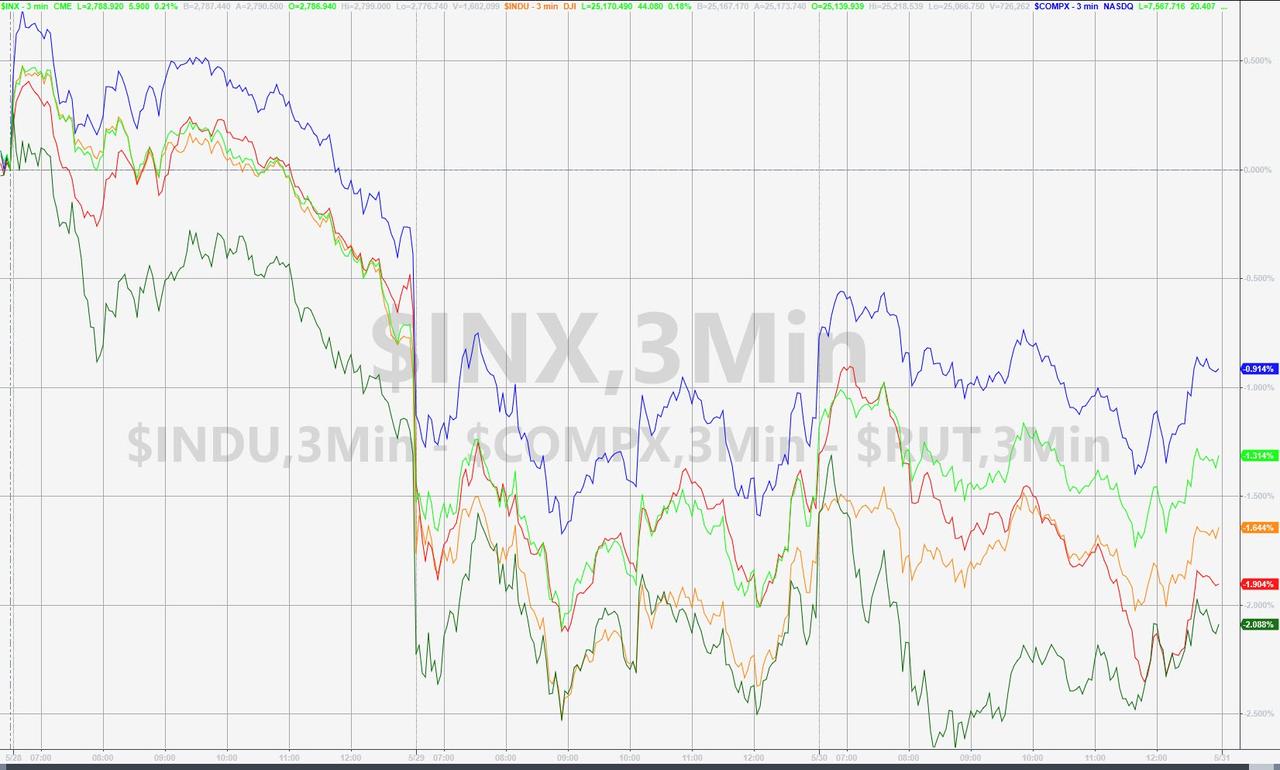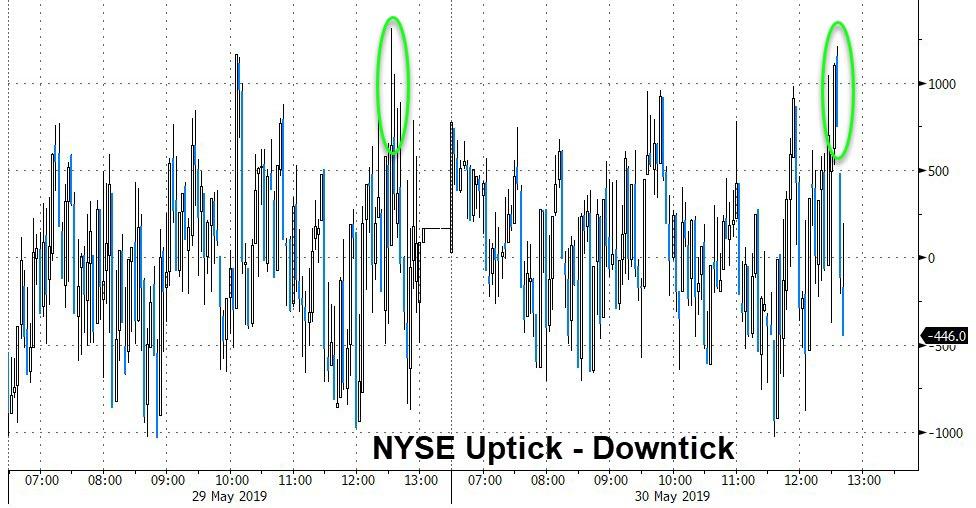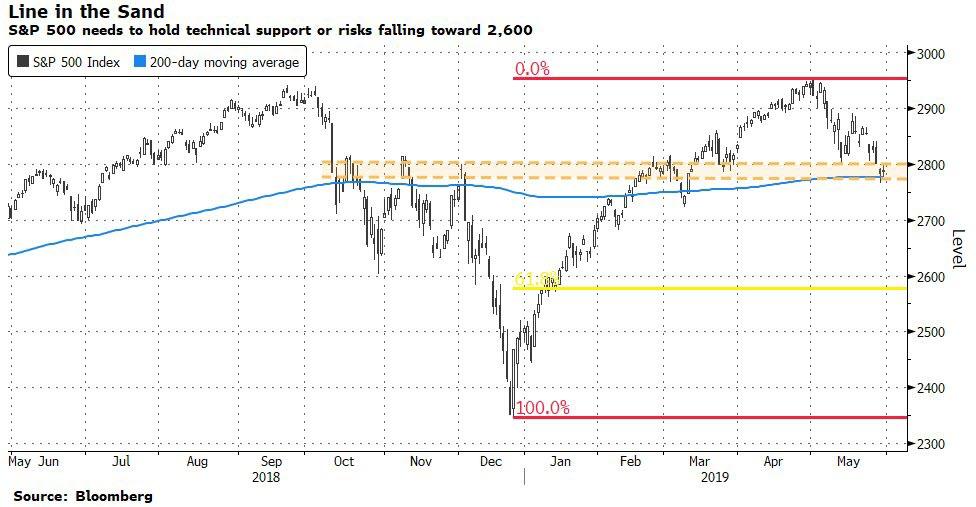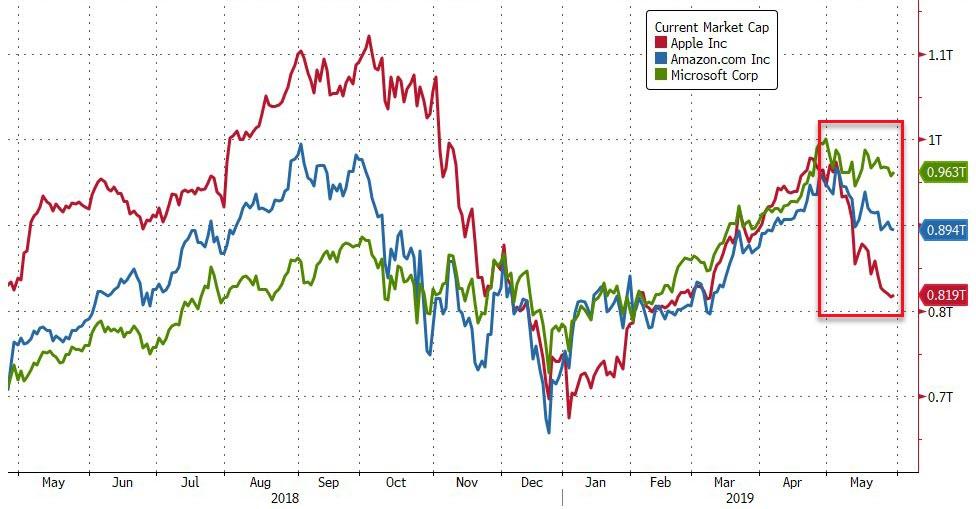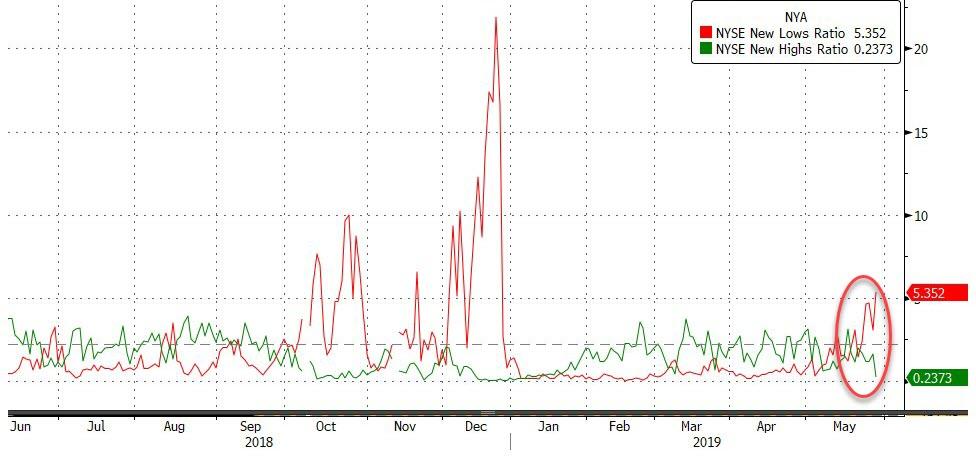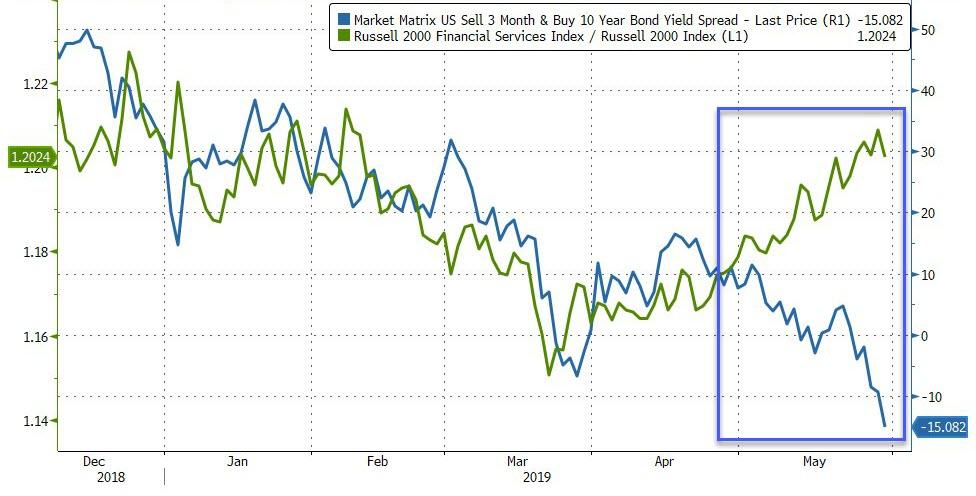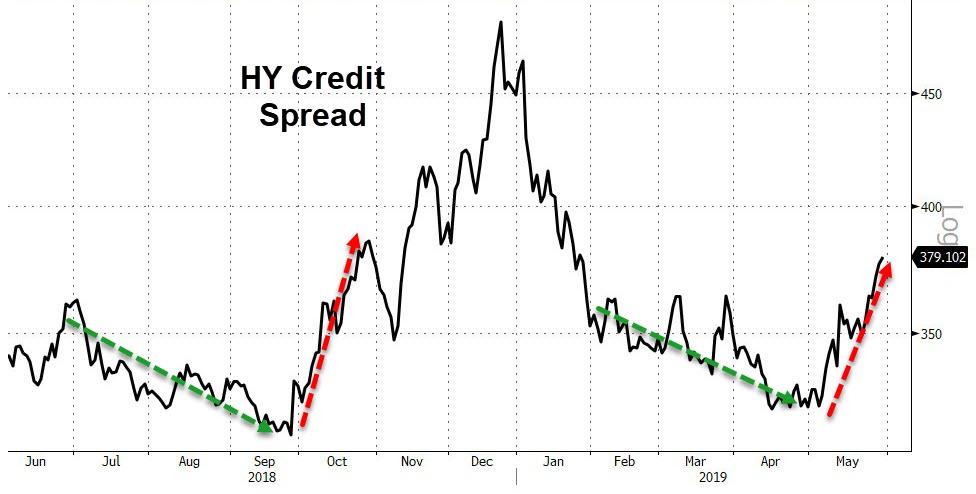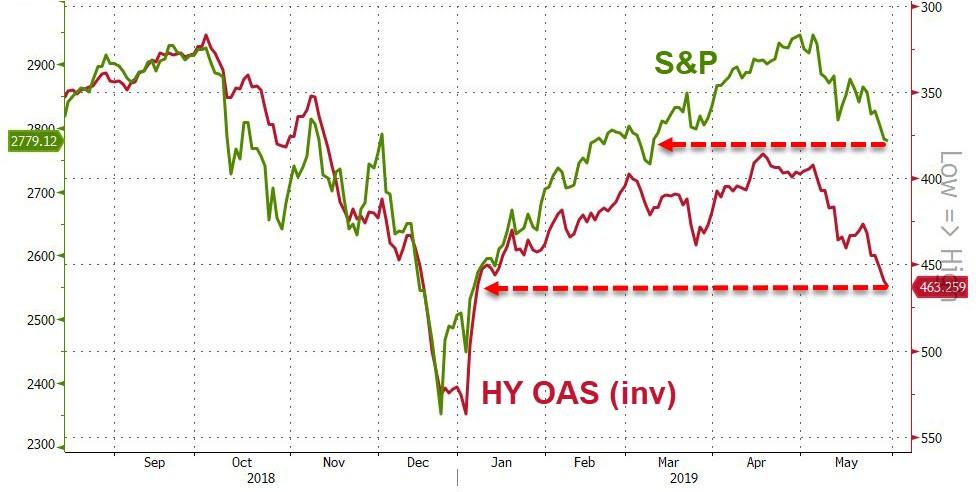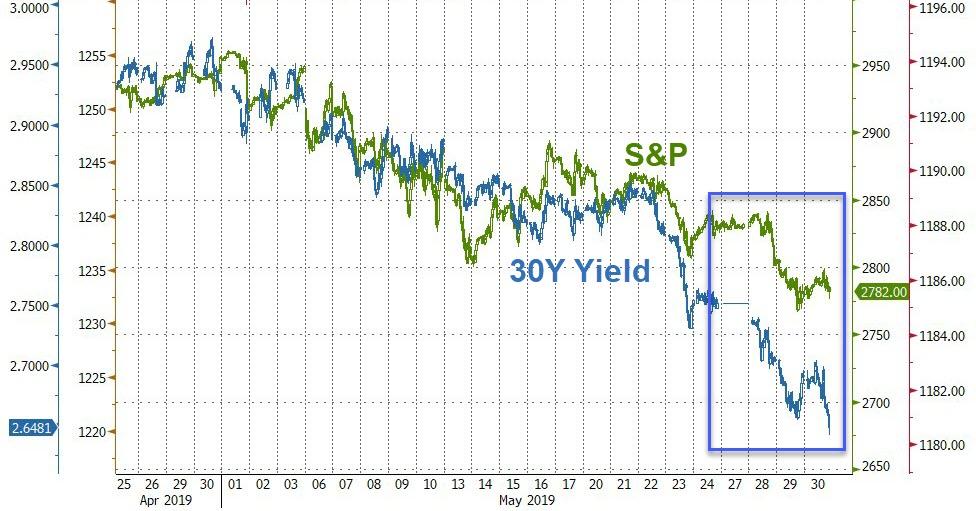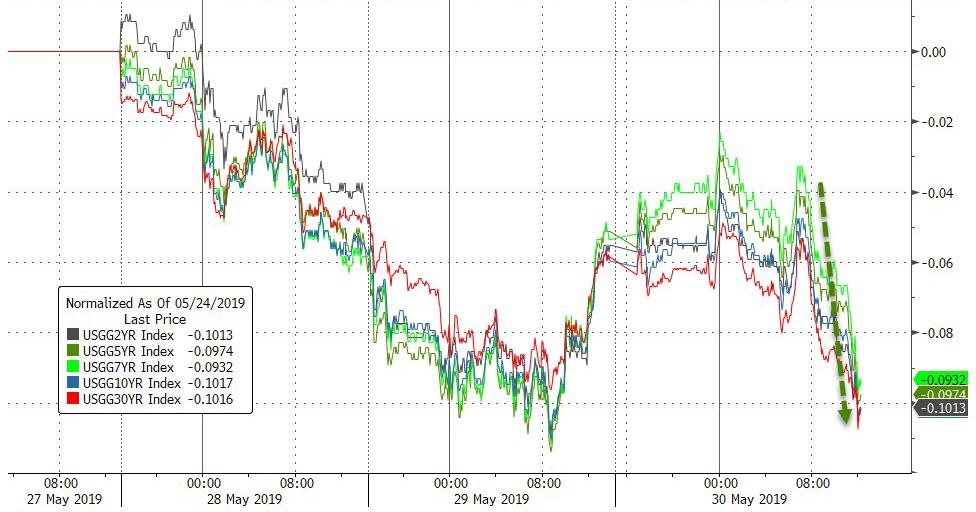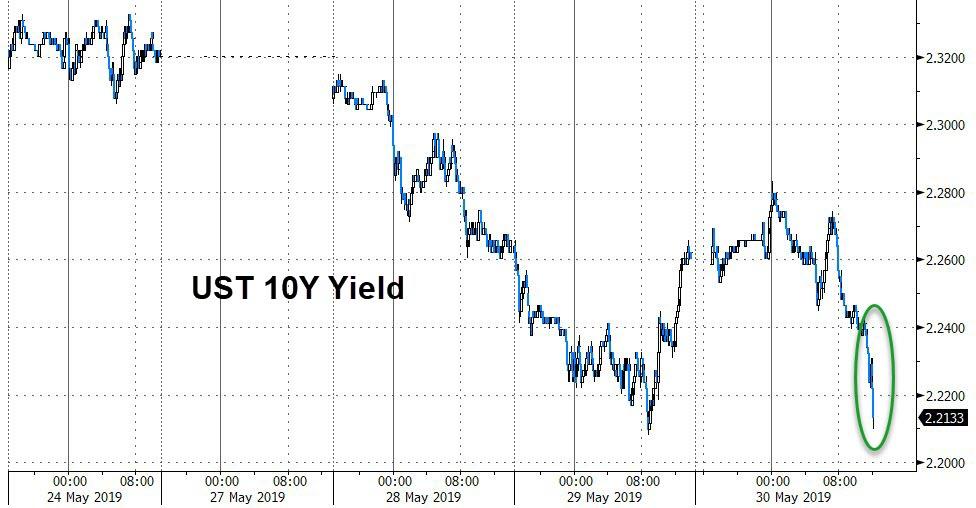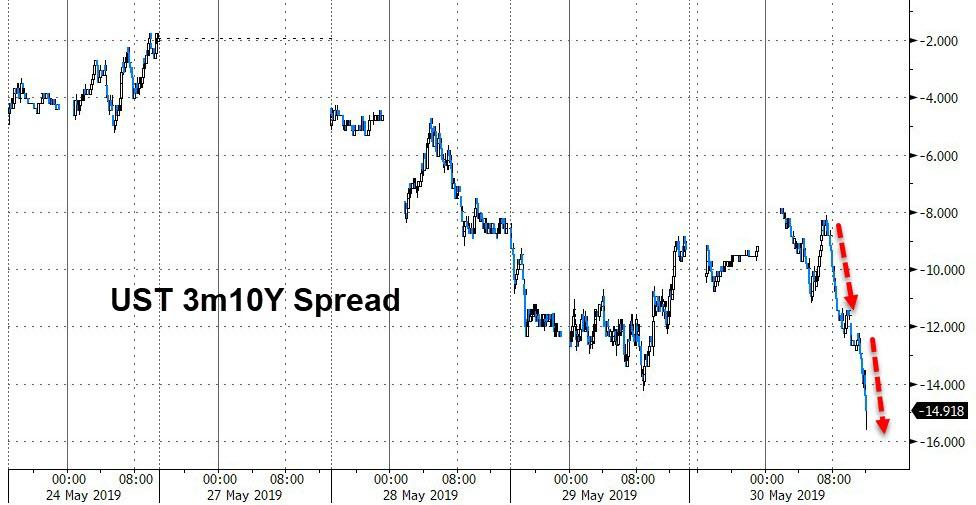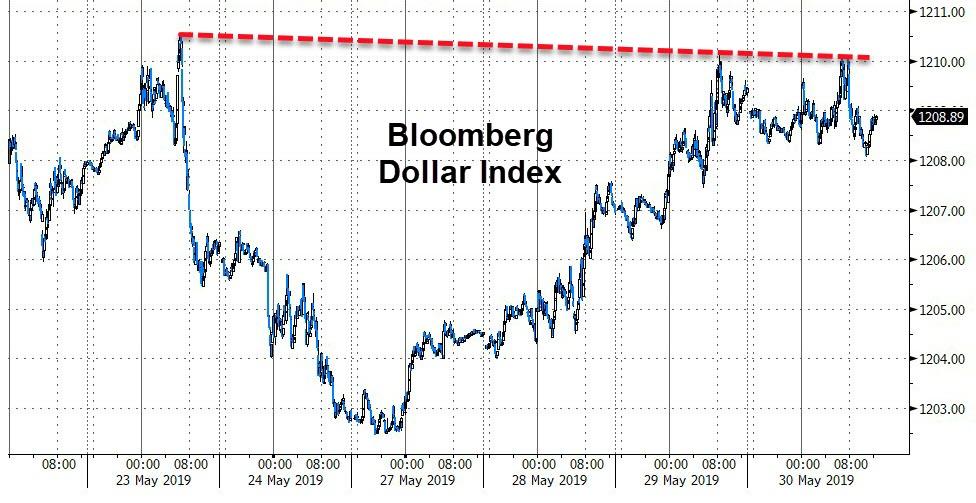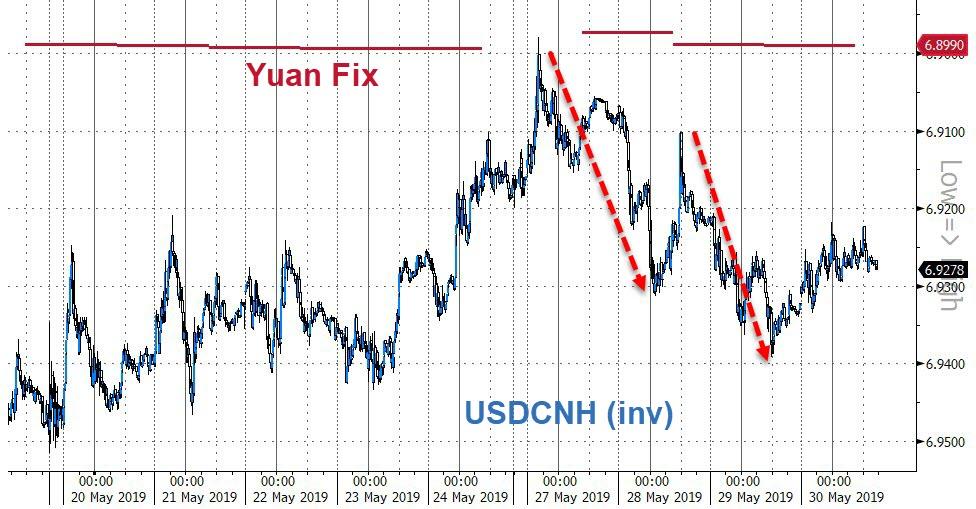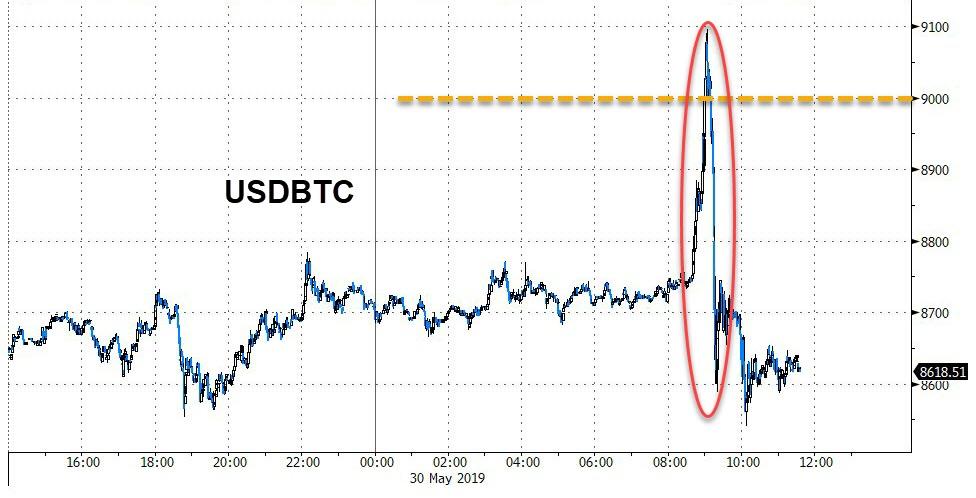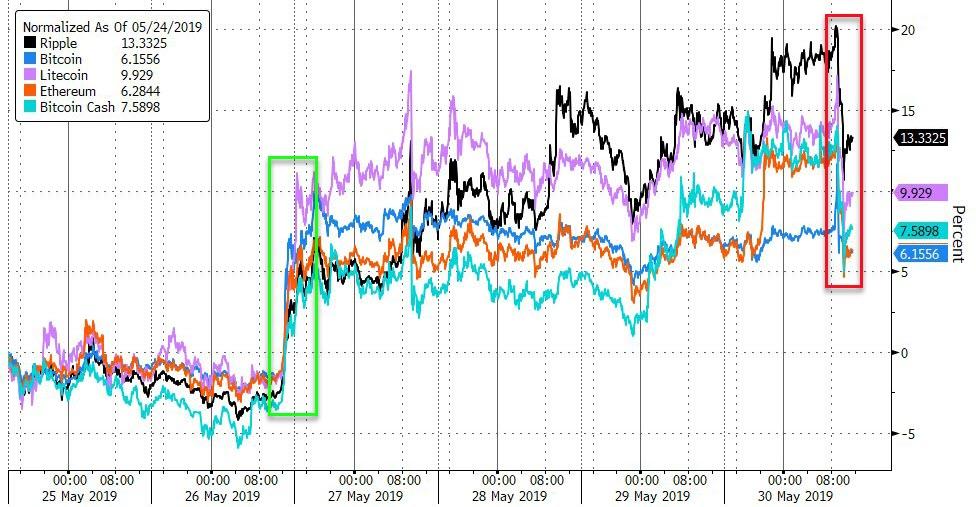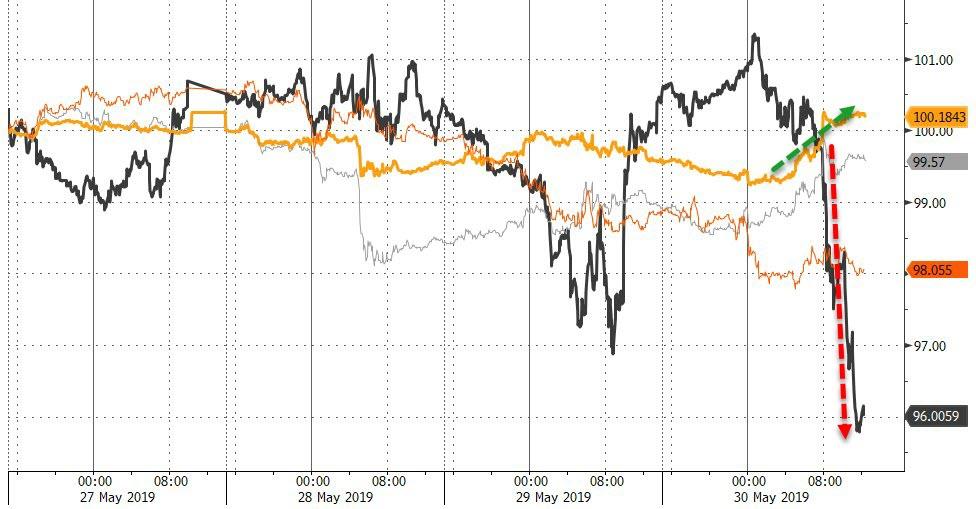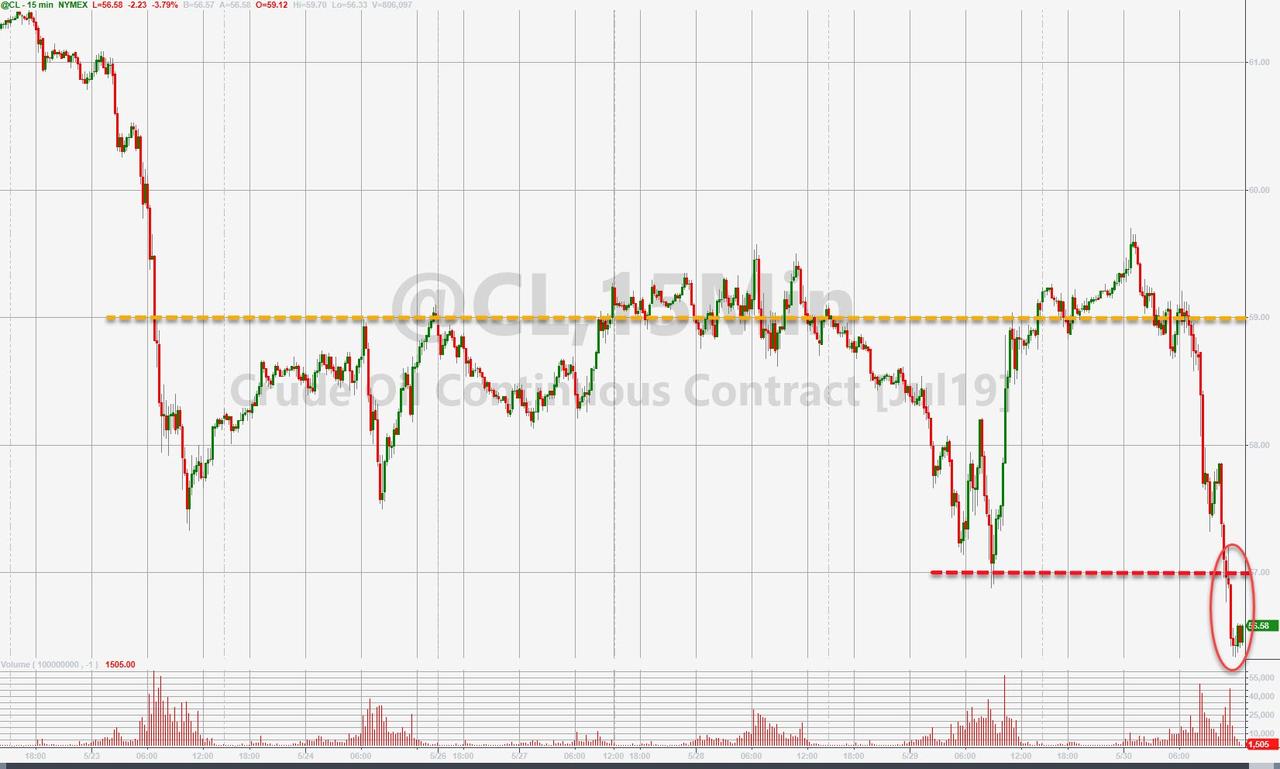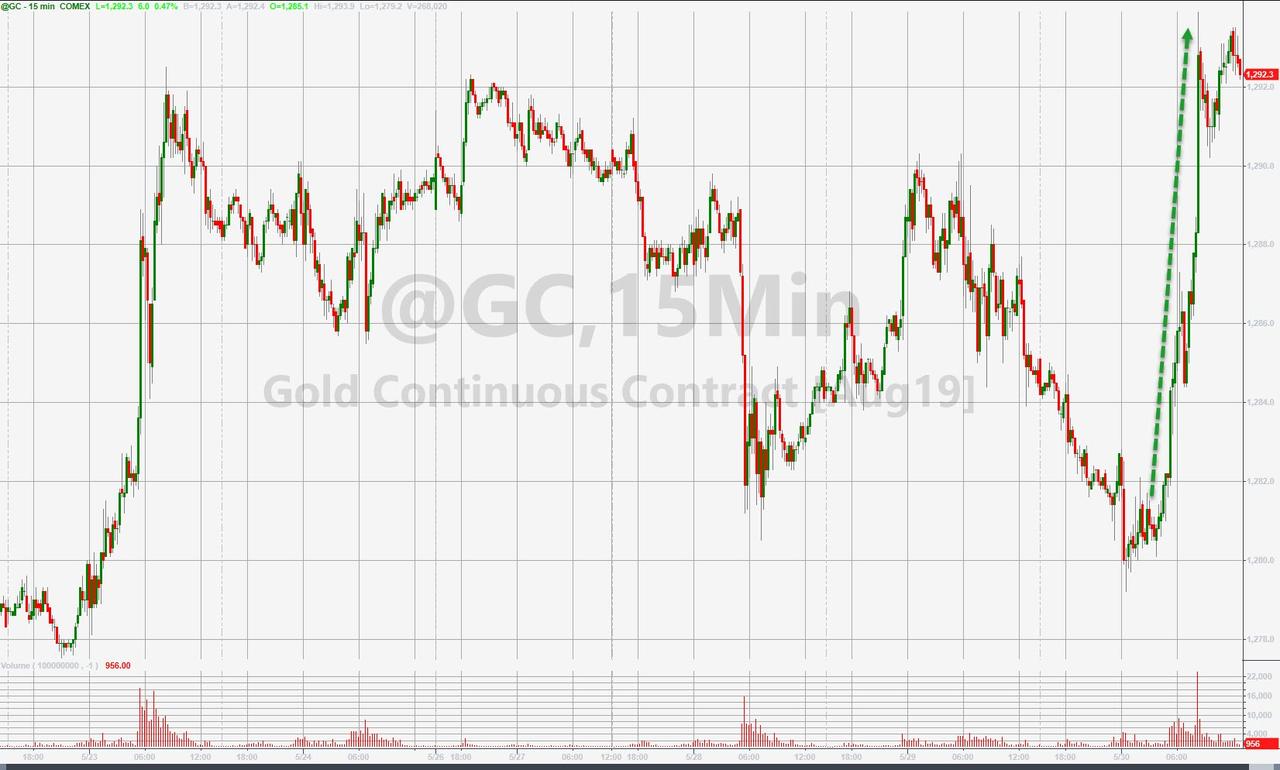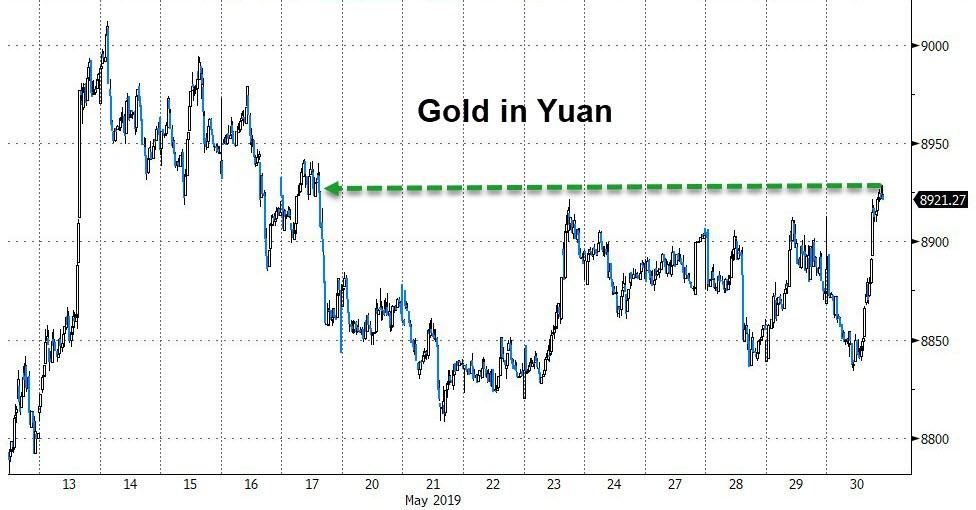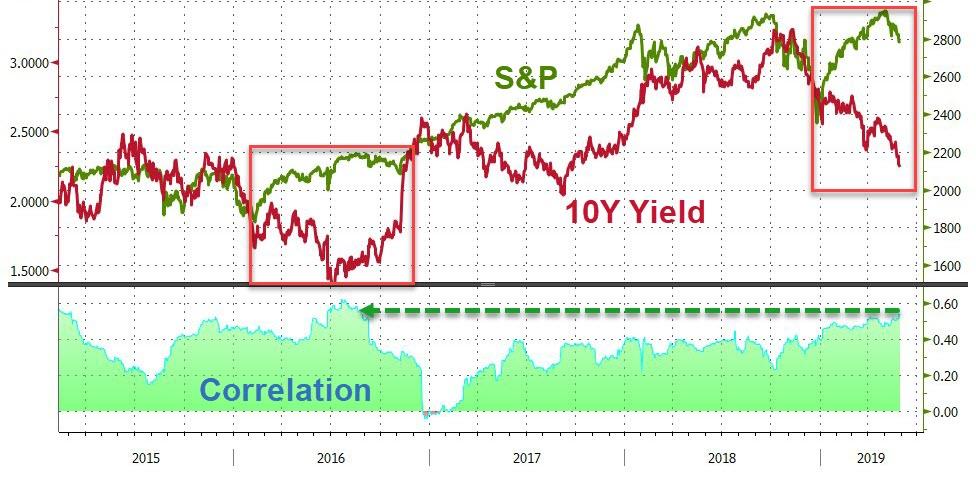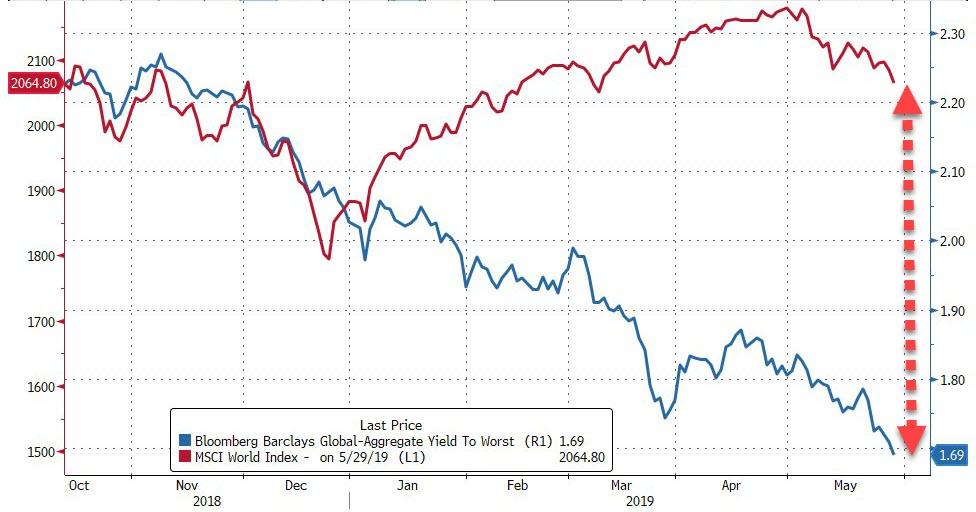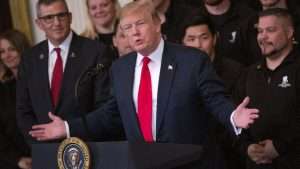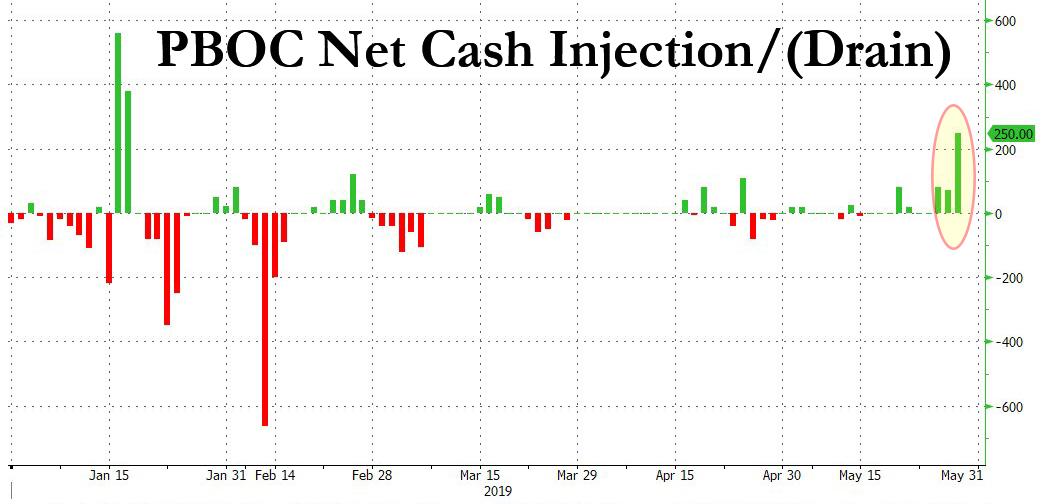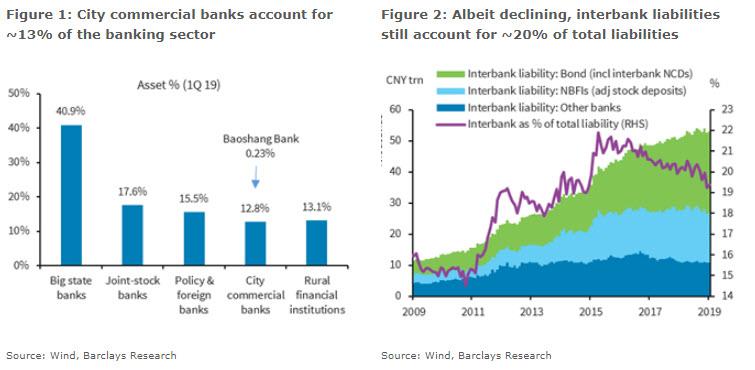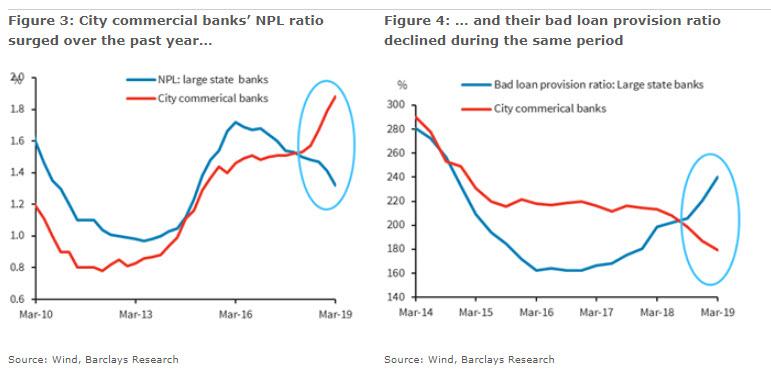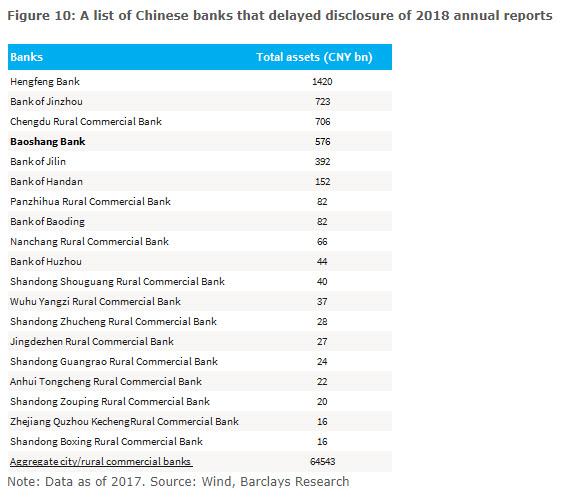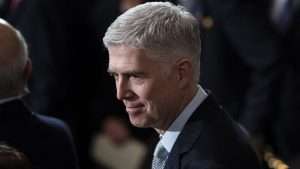
In a recent dissenting opinion, Supreme Court Justice Neil Gorsuch warns of the dangers of the modern expansion of criminal law to the point where “almost anyone can be arrested for anything”:
History shows that governments sometimes seek to regulate our lives finely, acutely, thoroughly, and exhaustively. In our own time and place, criminal laws have grown so exuberantly and come to cover so much previously innocent conduct that almost anyone can be arrested for something. If the state could use these laws not for their intended purposes but to silence those who voice unpopular ideas, little would be left of our First Amendment liberties, and little would separate us from the tyrannies of the past or the malignant fiefdoms of our own age. The freedom to speak with-out risking arrest is “one of the principal characteristics by which we distinguish a free nation.” Houston v. Hill, 482 U. S. 451, 463 (1987).
The immediate point of Gorsuch’s argument is to criticize the idea that having “probable cause” for an arrest should automatically invalidate a claim that the arrest violated the First Amendment because it was being used as a tool to punish dissenting speech. He is absolutely right on that point. For reasons I discussed here, the vast modern expansion of both criminal and civil liability poses a more general threat to the rule of law:
Lavrenti Beria, the infamous head of the Soviet secret police under Joseph Stalin, supposedly once said, “Show me the man and I’ll show you the crime.” In the Soviet Union, the regime could always find some crime to pin on anyone it chose to target.
As a general rule, it would be silly to equate the modern United States with a mass-murdering totalitarian state. But in this one respect, the two regimes are more similar than we would like them to be….
This sad state of affairs is deeply at odds with the rule of law. Whatever else that concept means, it surely requires that ordinary people be able to readily determine what laws they are required to obey, and that whether or not you get charged by authorities depends more on objective legal rules than the exercise of official discretion. Unfortunately, neither holds true in the United States today….
Scholars estimate that the vast majority of adult Americans have violated criminal law at some point in their lives. Indeed, a recent survey finds that some 52 percent admit to violating the federal law banning possession of marijuana, to say nothing of the myriad other federal criminal laws. If you also include civil laws (which, though theoretically less severe than criminal laws, often carry heavy fines and other substantial penalties), even more Americans are lawbreakers…
Most Americans, of course, never face punishment for their lawbreaking. But that is true only because the authorities lack the resources to pursue most violators and routinely exercise discretion in determining which ones are worth the effort….
In this way, the rule of law has largely been supplanted by the rule of chance and the rule of executive discretion. Inevitably, political ideology and partisanship have a major impact on the latter. For example, federal law enforcement priorities are very different under Trump than they were under Obama.
Even the law itself is often interpreted differently, depending on who is in power…. As Supreme Court Justice Neil M. Gorsuch puts it, an agency can “reverse its current view 180 degrees anytime based merely on the shift of political winds and still prevail [in court].” The enormous scope of federal regulatory law enables agencies to exercise extensive discretionary authority over many aspects of the economy and society.
In my earlier post on this subject, I consider a number of strategies for alleviating this problem, such as trying to enforce all laws to the hilt (thereby eliminating executive discretion), and curtailing judicial deference to administrative agencies (thereby reducing the extent to which the same laws are interpreted differently based on which party is in power). I am skeptical that either will do the trick (and the former is likely impossible). Ultimately, the best solution is to cut back on the scope and complexity of law, though I fear we may not have the political will to do it:
The only way to make major progress toward establishing the rule of law would be to greatly reduce the scope and complexity of legal rules. In a world where the scope of law is strictly limited, officials might have sufficient resources to go after a much larger percentage of lawbreakers. And if the law were limited to those areas where there was a broad consensus that the conduct in question should be illegal, there would be less incentive for officials to engage in selective enforcement based on the priorities of the party in power. If federal or state authorities engaged in such shenanigans with respect to laws that enjoyed widespread bipartisan support, they would risk provoking a major political backlash.
There is no way to completely eliminate executive discretion over law enforcement or to make the law completely transparent to laypeople. But cutting back on the amount and complexity of law can help us make progress toward those goals.
Of course, it may be we do not value the rule of law enough to sacrifice any other objectives to strengthen it. The laws on the books are not there by accident. Most were enacted because they were supported by majority public opinion, influential interest groups or some combination of both.
Perhaps we just do not care about the rule of law enough to eliminate any substantial number of current laws and regulations — especially those supported by our side of the political spectrum. The rule of law may be less important to us than the rule of men whose agenda we like. If so, we might have more in common with Lavrenti Beria than we like to think.
from Latest – Reason.com http://bit.ly/2EJLFD7
via IFTTT
